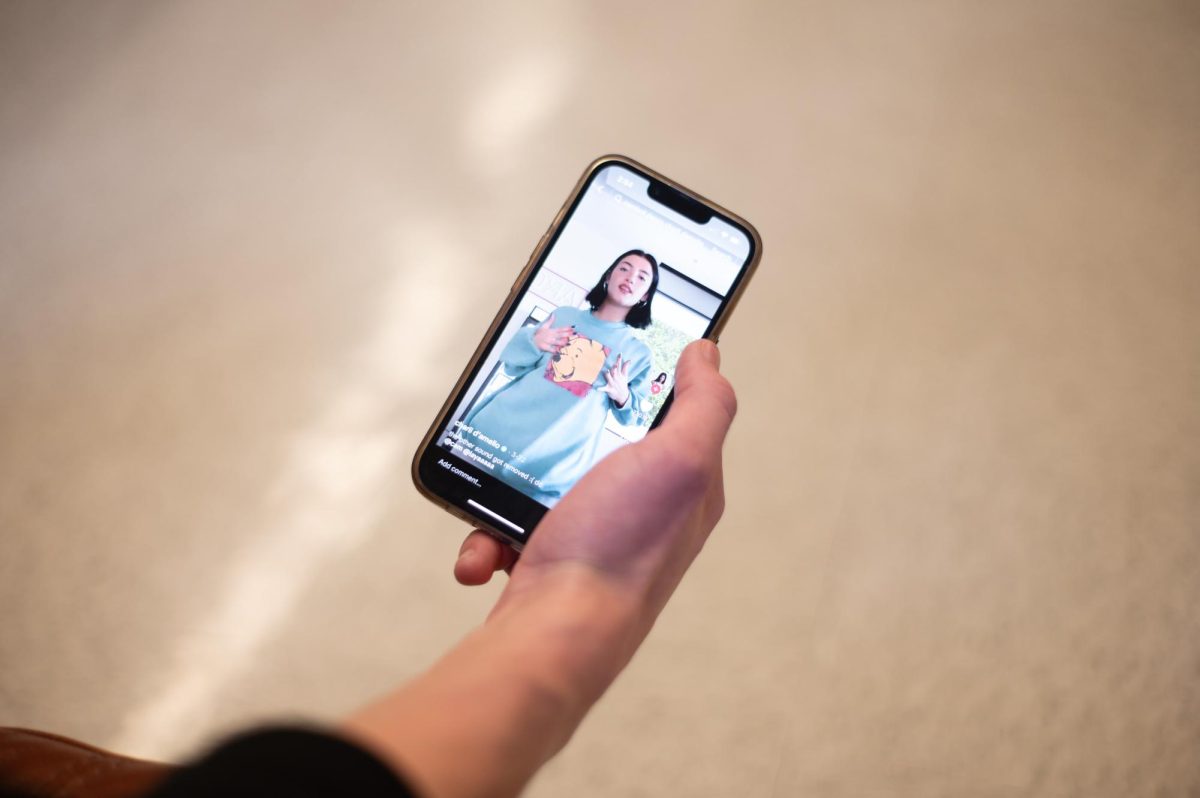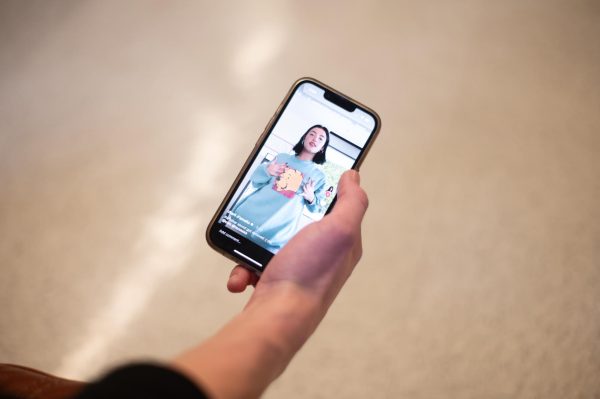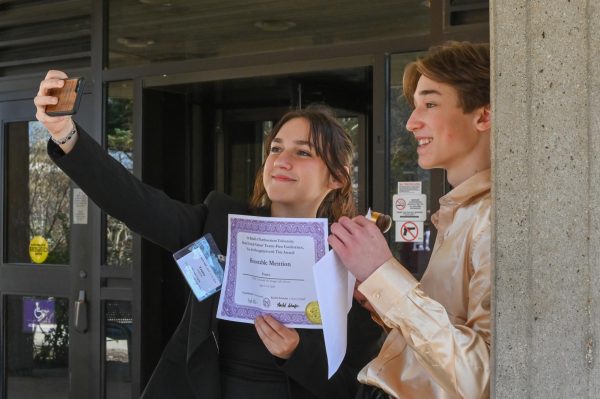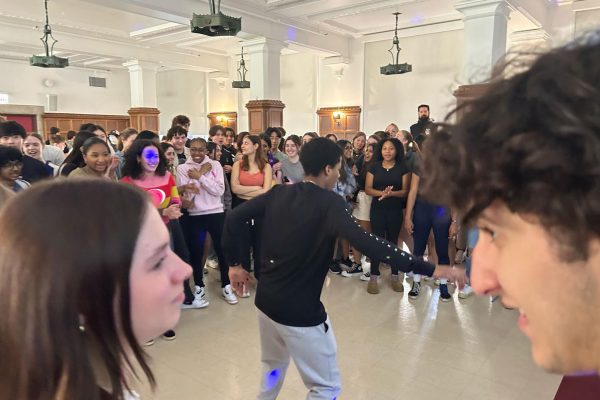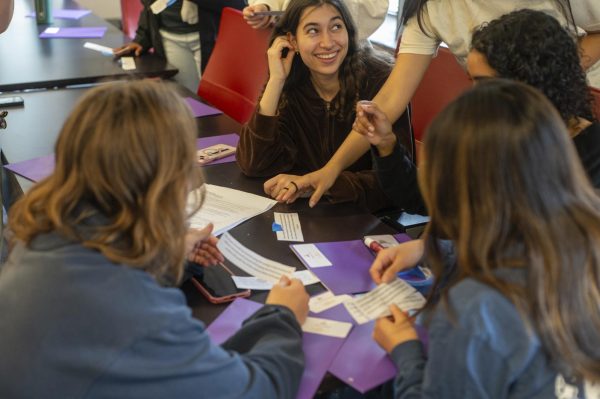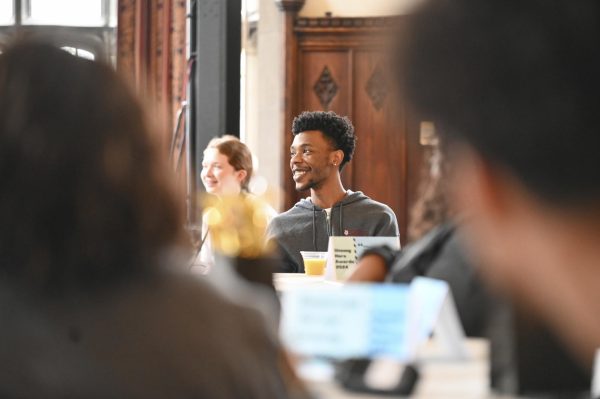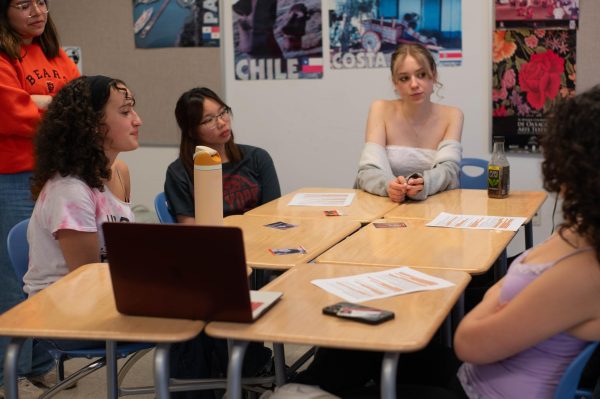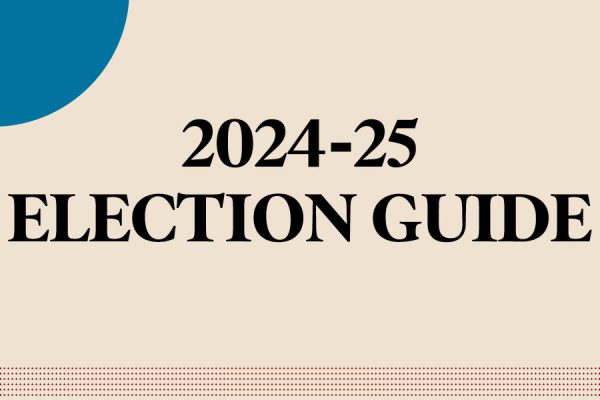Teachers expand curriculum to reflect diversity, equity, inclusion statements
Amazon and Library of Congress
An expanded history curriculum, new English books and conversations in science class are some ways teachers have implemented ideas in diversity, equity and inclusion.
February 15, 2021
At the beginning of the school year, teachers introduced something new with their class syllabus: their statements on diversity, equity and inclusion. To implement ideas outlined in these statements, teachers have opened space in the curriculum through new courses and new materials.
According to history department chair Naadia Owens, history teachers are looking to expand their curriculum to showcase more perspectives in history and help students relate to what they are learning.
“We know that when students can find themselves in what we’re teaching, that we see better attendance, that we see better engagement, that students are more excited about what they’re learning about because it feels pertinent,” Ms. Owens said. “It feels like they are part of the history, too.”
History courses such as AT Modern European History now include more history about people of color in Europe and are less Eurocentric. Ms. Owens also mentioned a push from students to teach histories about specific marginalized groups.
“We are working towards getting to a place where it is more seamlessly part of our curriculum,” Ms. Owens said. “Disability history, LGBTQ history — we want those things to eventually live as naturally as part of our curriculum as talking about the Declaration of Independence.”
For 2021-22, two semester-long history electives taught by history teacher Paul Horton have been added to the Program of Studies. The first course will focus on 20th century Latin America and the second course covers African liberation movements in the 20th century.
“They are both aimed at satisfying the history DEI statement and some of the concerns of the BSA stated in their letter last year,” Mr. Horton said, referring to the open letter read by the Black Students’ Association leaders at the end of the 2020 Martin Luther King assembly.
According to Mr. Horton, the electives will not be AT courses in order to reach students who might not qualify for AT-level courses.
The English department has also expanded its curriculum to fulfill its DEI commitment. Although course options have remained the same, new books and material from authors of color and other marginalized voices have been added to the curriculum.
According to Mark Krewatch, English department chair, books such as Jhumpa Lahiri’s “Interpreter of Maladies” and “The Book of Unknown Americans” by Christina Henríquez have been added to core English courses in addition to other books in English 3/4 electives.
The English department also wants to create a classroom environment where all students are heard and feel comfortable, Mr. Krewatch said.
Teachers hope to engage with students about the decisions the English department makes when choosing texts and have conversations that include student perspectives.
“You can teach the right books, you can have the right pedagogy, and you can still fail if you’re not finding ways to reach out to students and make sure that they are comfortable or they are comfortable telling you that they’re not comfortable,” Mr. Krewatch said.
For the science department, teacher Elizabeth Hubin said it was necessary to release a DEI statement that addressed the historical discrimination in the field of science.
“For me, what I think was a really important part of our statement was the acknowledgment through both action and inaction,” Dr. Hubin said. “Science has perpetuated systemic racism.”
You can teach the right books, you can have the right pedagogy, and you can still fail if you’re not finding ways to reach out to students and make sure that they are comfortable or they are comfortable telling you that they’re not comfortable.
— Mark Krewatch
The ideas in the DEI statement have been translated into Dr. Hubin’s classes through conversations about the lack of diverse voices in scientific fields and discussions about how racism affects the American health care system.
Dr. Hubin identified that some teachers might have hesitations because spending a class on DEI topics might feel out of place or forced, and it is sometimes a challenge to get over that hesitancy.
“Even if something feels a little clunky or doesn’t seamlessly go consistently with what I’m teaching in that unit, who cares?” Dr. Hubin said. “I think it is authentic as long as you are leading a discussion that you care about. Even if it doesn’t fit, it’s still an authentic and productive conversation.”







